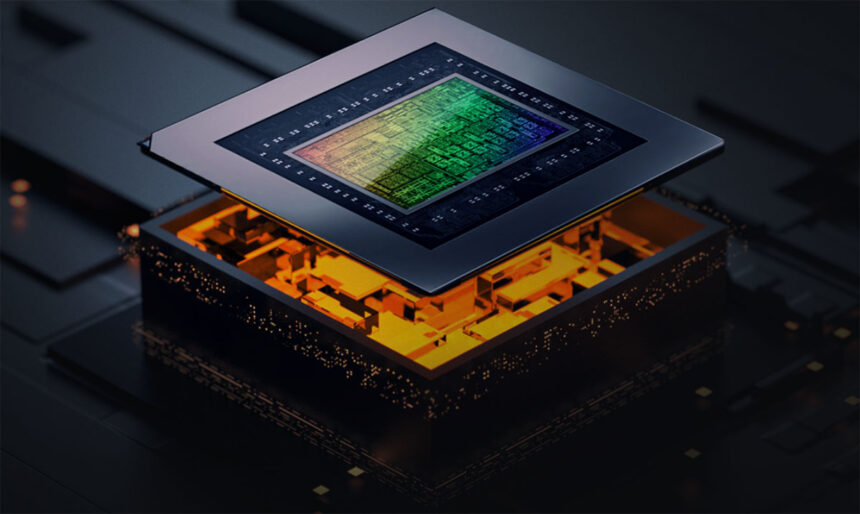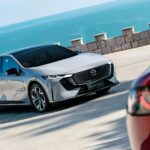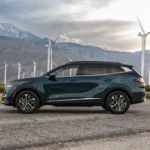US chip giant Nvidia is facing challenges as its next-generation smart driving chip, Thor, experiences delays. This delay is potentially causing core customers like Xpeng and Nio to reconsider their plans for adopting the chip in their upcoming models.
According to a report from local media outlet 36kr, Xpeng is now considering shelving its plans to incorporate the Thor chip in its new models for next year. Originally scheduled for mass production by mid-2024, the chip’s timeline has been significantly delayed. It is now expected to be available for entry-level versions by the middle of next year. This delay has prompted Xpeng to explore other options for its new models.
On the other hand, Nio has no plans to use the Thor chip in its upcoming models for next year. Instead, the company will rely on its in-house Shenji chip, Nvidia’s Orin, and chips from Horizon Robotics. Nio unveiled the Shenji NX9031 chip at Nio Day 2023, which will be used in the ET9 executive flagship sedan.
The Thor chip, unveiled by Nvidia in September 2022, promises up to 2,000 teraflops of performance, significantly higher than its predecessor, Orin. However, delays in mass production have led to uncertainties for automakers planning to integrate the chip into their future models.
In light of Thor’s delays, Xpeng and other Chinese auto brands like BYD and GAC Aion’s premium brand Hyper have started looking at alternative solutions. Xpeng had initially considered using Thor in the P7+ but ended up using Orin due to the chip’s delays.
Li Auto, another prominent Chinese automaker, is also developing its own smart driving chip codenamed “Schumacher.” This move is aimed at reducing reliance on external suppliers like Nvidia and ensuring a reliable supply chain for its future models.
The delays in Thor’s production are reportedly related to issues with the chip’s architecture, particularly the integration with Blackwell, Nvidia’s latest GPU architecture. Blackwell is manufactured using TSMC’s 4 nm process and contains 208 billion transistors. While Nvidia had planned to ship the chip in the second quarter of this year, shipment delays have persisted due to production setbacks.
In conclusion, the delays in Nvidia’s Thor chip production are reshaping the landscape of smart driving technology in the automotive industry. Automakers like Xpeng, Nio, and Li Auto are adapting to these challenges by exploring alternative solutions and developing their in-house chips to ensure a stable supply chain for their future models.







